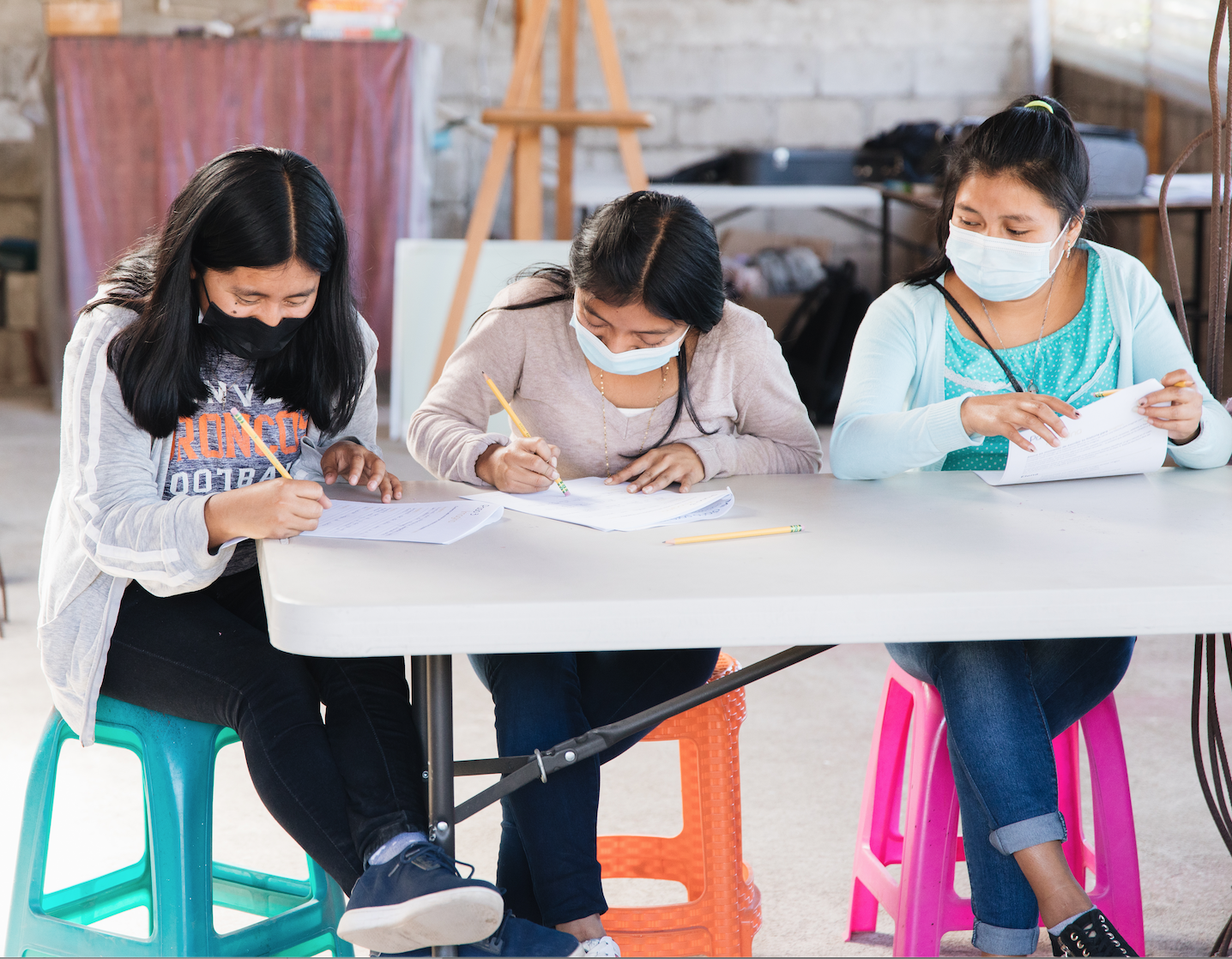 Mental health means having emotional, psychological, and social well-being; when we think, act, and feel from a balanced perspective the majority of the time. Having a balanced and grounded perspective helps us make healthy choices, be kind, express emotion, accept help when we need it, handle stress effectively, feel empathy, laugh, feel joy, and relate to others easily. This are true in every stage of life. As young children grow they develop these skills, and we even continue to develop them throughout adulthood.
Mental health means having emotional, psychological, and social well-being; when we think, act, and feel from a balanced perspective the majority of the time. Having a balanced and grounded perspective helps us make healthy choices, be kind, express emotion, accept help when we need it, handle stress effectively, feel empathy, laugh, feel joy, and relate to others easily. This are true in every stage of life. As young children grow they develop these skills, and we even continue to develop them throughout adulthood.
Supporting and helping children find emotional wellness is a very important part of parenting. It’s also important for teachers, counselors, extended family, even coaches to spend time addressing emotional wellness as they surround and work with a child or teen. “It takes a village” as the old saying goes, and it’s still true today. We all can contribute to the health and well-being of a child.
But what if a child show signs of a mental or emotional imbalance? Significant mental health challenges can and do occur in young children. Children and teens can develop characteristics of anxiety disorders, attention-deficit/hyperactivity disorder, conduct disorder, depression, and/or posttraumatic stress disorder at any age. These will depend on life experiences, genetic make-up, parent/family and external support, even school and social experiences. A sensitive child might have a difficult life experience that changes their view of the world dramatically, where another child who is less sensitive will just plow right through it without even a scratch. Moving for example, can be hard on one child, altering their sense of safety and self-awareness. Another child might find it easy and effortless to fit into a new place.
Know that watching a child for signs of mental or emotional imbalances is important. If they become:
- Quiet or withdrawn
- Agitated easily
- Impulsive
- Overly attached to you or someone/thing
- Showing signs of obsessive compulsive behavior (always need things in order and having to repeat the same things over and over again)
- Hyperreactive
- Lacking empathy
- Poor emotional control
- Frequent colds or health issues
- Anxious, sad, or depressed
Showing one or more of these behaviors could mean your child/student is not coping well with his or her current (or past) situation and could use some extra support.
Spend time with them. Just doing simple things like games, puzzles, cooking, walking or talking will show them they are supported. Ask a few questions when the timing is right (when both of you are relaxed and grounded). Use “How” and “What” questions. Avoid yes, no. or why questions. Get them some outside help either through school or an outside counselor if things doing settle down and their behaviors improve.
Addressing mental health needs in school is critically important too because 1 in 5 children have a diagnosable emotional, behavioral or mental health disorder and 1 in 10 young people have a mental health challenge that is severe enough to impair how they function at home, school, or in the community.
The earlier the intervention, the better the outcome of a child facing some level of stress and/or trauma in their lives. Know that the stress or trauma doesn’t have to be a big thing for some kids, it could be mild but they need to learn healthy coping skills. The earlier they are taught, the less of an impact difficult life experiences will have on them. Life seems to be more and more stressful as time goes on, so give them opportunities to learn good coping skills now.
One very healthy skill is expressive writing. Expressive writing is free writing, where the writer just speaks from their hearts without worrying about grammar, punctuation or spelling. The Imagine Project is one simple, safe, effective, and free way for a child, teen, or adult to express their emotions, process that’s happened, heal their hearts, and imagine a new story in its place—all using the word Imagine… Anyone from anywhere in the world can download the journal and use this process to cope. Check out our website and try it for yourself or download it for someone you love.
Happy Imagining!
Love,
Dianne
Dianne is the founder and CEO of The Imagine Project, Inc., a nonprofit organization that helps children K-12 (and adults) process and heal from difficult life circumstances through expressive writing. Dianne has her Masters in Psychiatric/Mental Health Nursing, has written multiple books, is an international speaker, lives outside of Denver, CO, and has 3 grown children. Learn more about The Imagine Project at www.theimagineproject.org.

